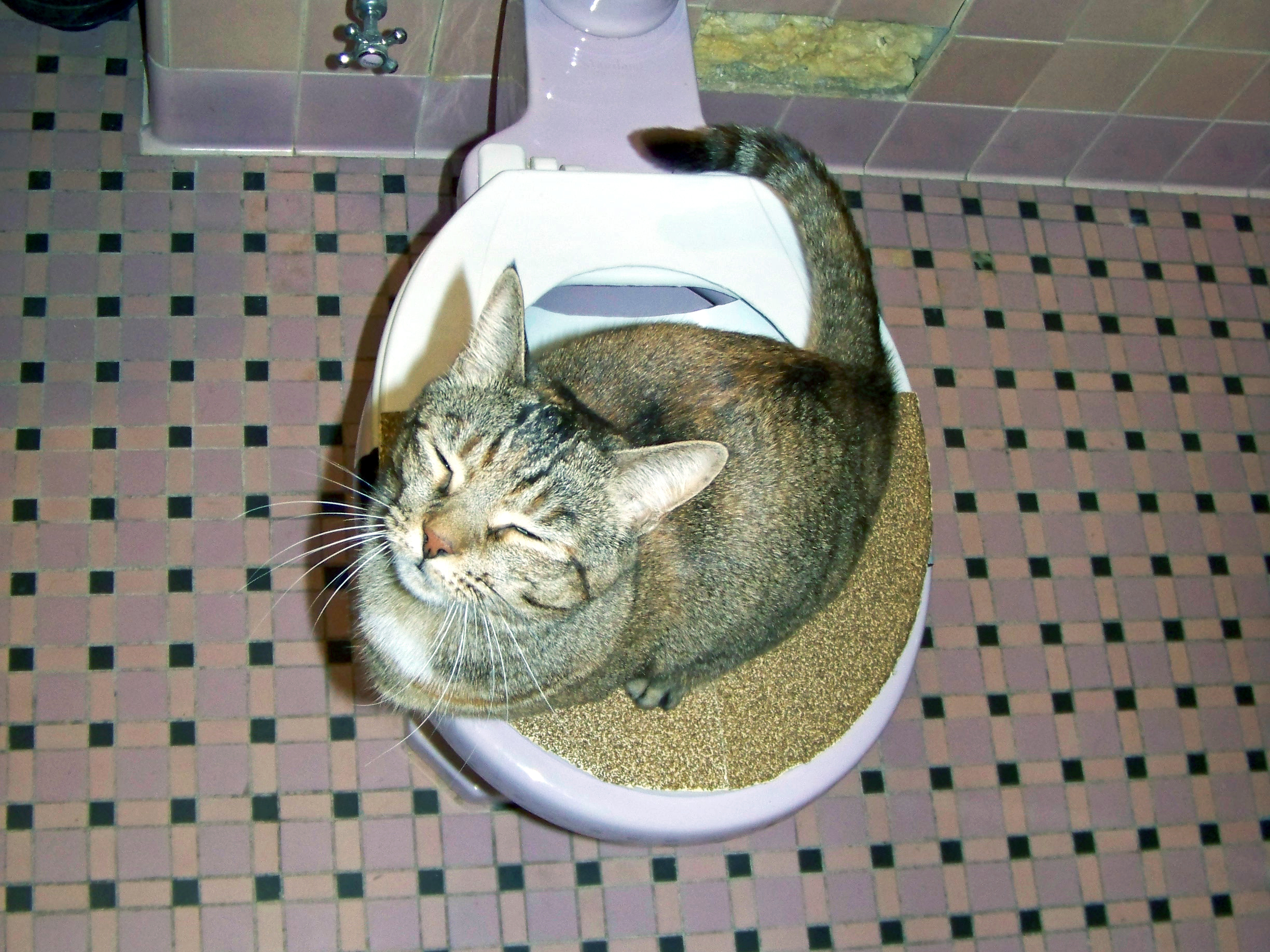Prevent Clogs and Damage: Don't Flush Cat Poop Down Your Toilet - Expert Recommendations
Prevent Clogs and Damage: Don't Flush Cat Poop Down Your Toilet - Expert Recommendations
Blog Article
Presented here in the next paragraph you can find a bunch of quality points pertaining to How to Dispose of Cat Poop and Litter Without Plastic Bags.

Intro
As feline proprietors, it's essential to bear in mind just how we get rid of our feline good friends' waste. While it might seem practical to purge feline poop down the commode, this technique can have destructive repercussions for both the atmosphere and human health.
Environmental Impact
Flushing cat poop presents damaging microorganisms and parasites into the water, presenting a substantial danger to aquatic ecosystems. These pollutants can negatively influence marine life and concession water top quality.
Wellness Risks
Along with ecological issues, flushing cat waste can also position health and wellness dangers to people. Cat feces might have Toxoplasma gondii, a parasite that can create toxoplasmosis-- a possibly severe disease, particularly for expecting women and people with damaged immune systems.
Alternatives to Flushing
Luckily, there are safer and extra responsible methods to dispose of feline poop. Think about the adhering to options:
1. Scoop and Dispose in Trash
The most usual approach of dealing with cat poop is to scoop it into an eco-friendly bag and throw it in the garbage. Make certain to use a committed trash inside story and take care of the waste promptly.
2. Use Biodegradable Litter
Select biodegradable pet cat trash made from products such as corn or wheat. These litters are environmentally friendly and can be securely dealt with in the trash.
3. Bury in the Yard
If you have a backyard, consider burying cat waste in an assigned location away from vegetable gardens and water resources. Be sure to dig deep enough to stop contamination of groundwater.
4. Set Up a Pet Waste Disposal System
Buy an animal garbage disposal system especially developed for feline waste. These systems utilize enzymes to break down the waste, minimizing odor and environmental impact.
Final thought
Liable family pet possession prolongs past offering food and shelter-- it likewise includes correct waste management. By avoiding purging pet cat poop down the commode and opting for different disposal techniques, we can reduce our environmental impact and safeguard human health.
Why Can’t I Flush Cat Poop?
It Spreads a Parasite
Cats are frequently infected with a parasite called toxoplasma gondii. The parasite causes an infection called toxoplasmosis. It is usually harmless to cats. The parasite only uses cat poop as a host for its eggs. Otherwise, the cat’s immune system usually keeps the infection at low enough levels to maintain its own health. But it does not stop the develop of eggs. These eggs are tiny and surprisingly tough. They may survive for a year before they begin to grow. But that’s the problem.
Our wastewater system is not designed to deal with toxoplasmosis eggs. Instead, most eggs will flush from your toilet into sewers and wastewater management plants. After the sewage is treated for many other harmful things in it, it is typically released into local rivers, lakes, or oceans. Here, the toxoplasmosis eggs can find new hosts, including starfish, crabs, otters, and many other wildlife. For many, this is a significant risk to their health. Toxoplasmosis can also end up infecting water sources that are important for agriculture, which means our deer, pigs, and sheep can get infected too.
Is There Risk to Humans?
There can be a risk to human life from flushing cat poop down the toilet. If you do so, the parasites from your cat’s poop can end up in shellfish, game animals, or livestock. If this meat is then served raw or undercooked, the people who eat it can get sick.
In fact, according to the CDC, 40 million people in the United States are infected with toxoplasma gondii. They get it from exposure to infected seafood, or from some kind of cat poop contamination, like drinking from a stream that is contaminated or touching anything that has come into contact with cat poop. That includes just cleaning a cat litter box.
Most people who get infected with these parasites will not develop any symptoms. However, for pregnant women or for those with compromised immune systems, the parasite can cause severe health problems.
How to Handle Cat Poop
The best way to handle cat poop is actually to clean the box more often. The eggs that the parasite sheds will not become active until one to five days after the cat poops. That means that if you clean daily, you’re much less likely to come into direct contact with infectious eggs.
That said, always dispose of cat poop in the garbage and not down the toilet. Wash your hands before and after you clean the litter box, and bring the bag of poop right outside to your garbage bins.
https://trenchlesssolutionsusa.com/why-cant-i-flush-cat-poop/

We hope you enjoyed our part about How to Dispose of Cat Poop and Litter Without Plastic Bags. Thanks a ton for spending some time to read through our content. Appreciated our blog posting? Please share it. Help another person check it out. Thanks a lot for your time. Kindly come visit our website back soon.
Try Here Report this page